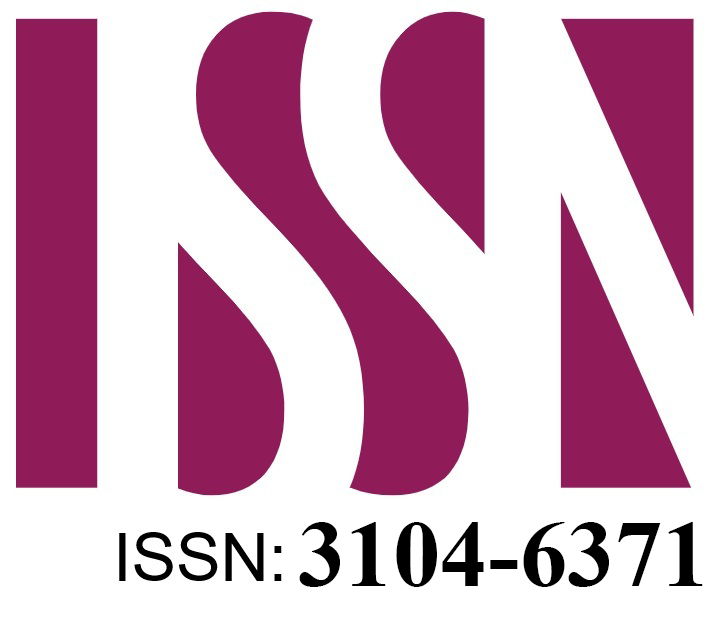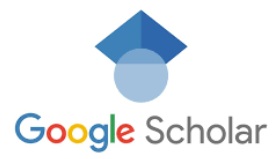Ethics of Publishing and Misconduct
Ethics of Publishing and Misconduct
The Al-Qalam Al-Mubiin Journal of Humanities and Applied Sciences is committed to the highest standards of publishing ethics and combating misconduct in all its forms. We believe that integrity and transparency are essential to ensuring the reliability and quality of scientific knowledge. The journal adheres to the recommendations of the Committee on Publication Ethics (COPE) to ensure the implementation of best practices.
Responsibilities of Stakeholders:
• Authors:
o Originality and Avoidance of Plagiarism: Submitted research must be original and not previously published. Plagiarism, including self-plagiarism, is strictly prohibited. Turnitin will be used to check all research, and the similarity percentage must not exceed 25%.
o Accuracy of Data: The data and results presented must be accurate and truthful. Fabrication or falsification is strongly rejected.
o Proper Authorship: All authors must have made a substantial contribution to the research.
o Disclosure of Conflicts of Interest: Any potential conflicts of interest (financial, personal, academic) must be disclosed.
o Ethical Approvals: Obtain the necessary approvals for research involving living subjects or sensitive data.
• Reviewers:
o Objectivity and Confidentiality: Evaluate research objectively and with integrity, maintaining the confidentiality of its content.
o Disclosure of Conflicts of Interest: Decline to review if a conflict of interest exists.
o Timeliness: Submit reports by the specified deadlines.
• Editorial Board:
o Fairness and Transparency: Make publication decisions based solely on scientific merit, without discrimination.
o Confidentiality: Handle submitted research and reviewer information with complete confidentiality.
o Addressing Misconduct: Take firm and transparent action when misconduct is suspected or proven.
أعلى النموذج
Procedures for Dealing with Misconduct:
When misconduct is suspected (such as plagiarism, data falsification, undisclosed conflicts of interest), the journal will take the following steps:
1. Preliminary Investigation: The editorial team will conduct an initial examination of the allegation.
2. Communication with Parties: Contacting the relevant authors or reviewers to request clarifications and evidence.
3. Comprehensive Investigation: In serious cases, a deeper investigation may be conducted, including communication with the institutions to which the individuals involved belong.
4. Corrective Actions: Based on the investigation results, corrective actions may include:
o Rejecting the research.
o Retracting the published research.
o Publishing a correction or retraction statement.
o Imposing a ban on future publication of the authors in the journal.
o Informing the relevant institutions or regulatory bodies.
This policy aims to maintain the integrity of the scientific record and enhance trust in the research published in the Al-Qalam Journal of Humanities and Applied Sciences



